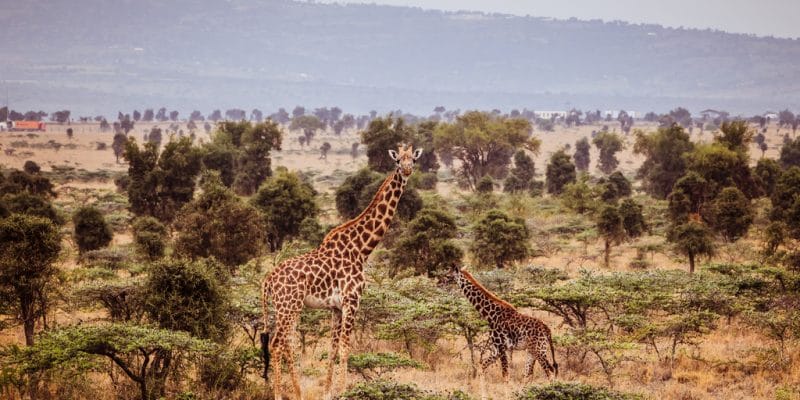In Central Africa, forest rangers will be trained to respect human rights and ethics in the management of protected areas. This initiative belongs to the Central African Network of Forestry and Environmental Training Institutions (RIFFEAC), a federation of 23 training institutions in the Central African sub-region, in partnership with the Central African Forestry Commission (COMIFAC).
Forest rangers in the Central African subregion will be better equipped to ensure the conservation of protected areas. The eco-guards will soon benefit from training in respect for human rights and ethics in the management of protected areas, including the Congo Basin Forest, one of the largest continuous tropical forest massifs and the second-largest rainforest on the planet. The initiative comes from the Network of Forestry and Environmental Training Institutions of Central Africa (Riffeac), a group of 23 training institutions in the Central African subregion specialising in developing the skills and structures needed for the joint and sustainable management of environmental resources.
Participants in this training will come from nine countries of the Central African Forestry Commission (Comifac), the body responsible for guiding, deciding and coordinating subregional actions and initiatives on the conservation and sustainable management of forest ecosystems for its reference area. The countries concerned are: Congo, Gabon, Cameroon, Burundi, Central African Republic (CAR), Democratic Republic of Congo (DRC), Rwanda and Equatorial Guinea. The training module will focus on the basis for reflection on the respect of human rights and ethics in the management of protected areas. It will be developed by a consultant.
A call for applications has been launched on February 11, 2020 by Riffeac and the United States Forest Service (USFS-IP), with the support of the Regional Programme for the Environment in Central Africa (Carpe), for the recruitment of trainers. It is a programme funded by the United States Agency for International Development (USAID).
Applications must be submitted no later than April 15, 2020
Candidates interested in protected area conservation training have until the 15th of April 2020 to apply. The future consultant should hold a master’s degree in forestry, environmental sciences or an equivalent diploma. The candidate should have a good knowledge of sustainable management of natural resources and biodiversity conservation, and experience of working in forest-related programmes or projects aimed at the sustainable management of natural resources.
The candidate should also have proven work experience in curriculum development techniques for vocational and university training programmes. The consultant should also have at least 8 years of experience in training and capacity building, in addition to a good capacity for analysis and drafting of technical and academic documents. The candidate should be able to work in a multidisciplinary environment.
For more information, click here.
Inès Magoum







